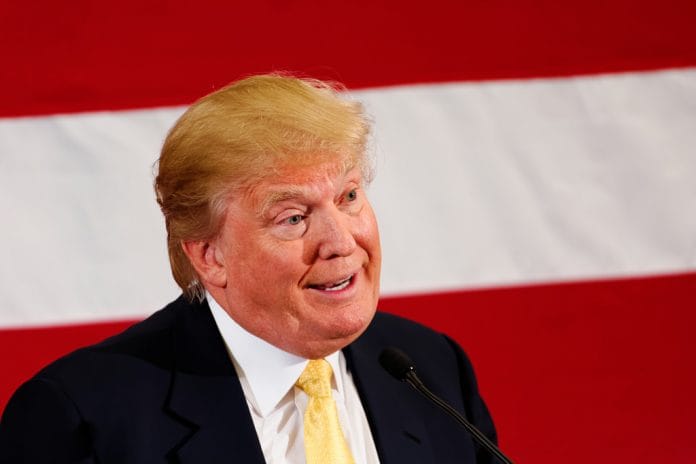A ‘great’ America should keep its word
For all his criticism, it’s nearly impossible for Donald Trump to get a “better deal” with Iran. Negotiations haven’t paid off for 13 years, so it’s unlikely that they would now. The idea that U.S. pressure will compel Iran to make unilateral concessions and help US get a “better deal” is just “magical thinking”, writes David Ignatius in The Washington Post, but would produce nothing more than “fairy dust”.
“Magical thinking is always appealing in foreign policy, but it usually produces nothing more than fairy dust. In this case, there is no evidence that putting the agreement in limbo will bring any security benefits for the United States or Israel. It will introduce uncertainty where the United States and its allies should most demand clarity — in insisting on compliance by all sides with an agreement that caps Iran’s centrifuges and stockpiles of enriched material for at least another decade.”
“A question for the Iran hawks: If the United States refuses to certify an agreement when a country is ‘technically’ in compliance, why would any other country ever make a deal with us again? A great country keeps its word,” he concludes.
Another game that China’s winning
Beijing is all set to leave the world behind in a key area of the electric vehicle market, writes Justin Worland in TIME. And if it goes as per the plan, China could control the industry worth $40 billion in less than a decade.
“The anticipated Chinese dominance of the industry comes as the government sees an opportunity to become a clean-energy leader providing solutions to the rest of the world–and reaping the profits. China already manufactures more than half of the world’s solar panels, and doing the same with batteries would leave China controlling an industry worth $40 billion a year by 2025, according to a Goldman Sachs analysis.”
“To capture that business, China has told battery manufacturers to double their capacity by 2020, created hurdles for foreign competitors and introduced subsides for both electric cars and batteries. The country’s 13th five-year plan, which guides policy through 2020, guarantees a payout if manufacturers meet targets. Its battery industry also benefits from domestic lithium mining and mass electric-vehicle manufacturing.”
Donald Trump can’t afford to be a “madman”
In his emulation of Nixon’s “madman theory” of leadership, Donald Trump and the United States stand to lose far more than they gain, writes Tim Naftali in The Atlantic.
“There are very good reasons why, until Trump, Nixon was the only chief executive to have associated himself with such a strategy: It makes no sense for a confident, great power,” Naftali writes.
“Since Pearl Harbor, the United States has acted as a leading partner in grand alliances designed to defeat vicious adversaries and then maintain some semblance of international peace. Such alliances—whether the Big Three of World War II or the postwar North Atlantic Treaty Organization—are founded on trust that, to put it bluntly, you would take a bullet for the other guy. These don’t work as well if the states at the helm, as personified by their leaders, are erratic or irrational. You cannot be both a reckless madman and a reliable alliance partner.”
From Brexit to Corbyn
Rock-star receptions, standing ovations and packed meetings focused on policy – there has been an air of jubilation in the Labour Party of late. And references to Jeremy Corbyn as “the next prime minister” no longer sound just like peppy campaign talk, writes Rachel Shabi in the New York Times.
“Mr. Corbyn’s stated intent to democratize Labour is already taking shape. The parliamentary party is now in a feedback loop with its grass-roots: unleashing thousands of enthusiastic campaigners at street level, while declaring that “another world is possible” from the party leader’s podium.”Even though, “the regressive forces that helped push the Brexit vote have not vanished and could be reanimated by the right,” writes Shabi, “if Labour’s policies are, as Mr. Corbyn says, now “mainstream,” if the center ground has shifted, if the unfettered free market has at last been publicly nailed as the source of division and hardship, and if the Conservatives keep free-falling — well, then it looks like the British left, after decades in the fringes, may finally have its moment.”






